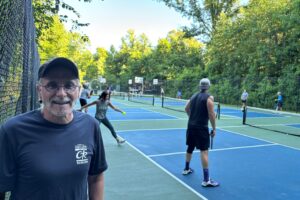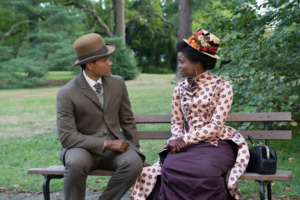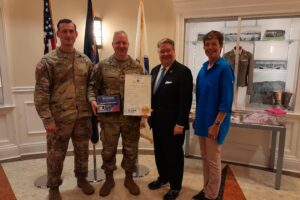Singing “Hush little baby, don’t say a word …” to an infant may actually lead to the child saying many words. So say studies on the positive effects music may have at an early age.
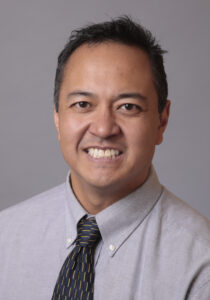
“Much like going to the gym helps to build muscles, consistently listening to music helps babies experience a type of ‘workout’ for the brain,” says Dr. Eric Mier, Pediatrician at New York-Presbyterian (NYP) Medical Group Hudson Valley.
“Their brain is still developing,” he explains, so “you’re allowing that strengthening to develop language skills, cognitive skills, social understanding and emotional functioning.”
***
“We know that music learning supports all learning,” says Alexia Tate, a local mom and Director of Music Together, a music and movement class for newborns through second grade. Tate was drawn to the Music Together curriculum in part because it is based on more than 30 years of childhood and music development research.
Researchers for a 2016 study by the University of Washington’s Institute for Learning and Brain Sciences found that music improved a nine-month-old baby’s ability to process both music and new speech sounds.
“It was the first study in young babies to suggest that experiencing a rhythmic pattern in music could also improve the ability to detect and make predictions about rhythmic patterns in speech,” says Dr. Mier.
***
To reinforce rhythmic patterns, Alexia Tate structures her Music Together class around ritual songs, chants and movement.
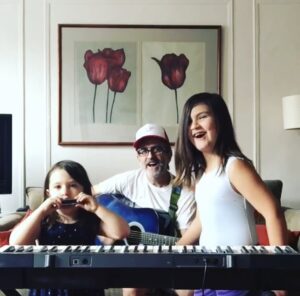
Music can be a handy equalizer when children do not share a common language. Josh Lewis, an artist, music educator and founder of Sleepy Hollow Arts Center (SHAC), told us, “When I come into classrooms with children whose first language is not English, you can see them out of sorts in the beginning.
“But through music, they’re participating in a way that’s universal. Language isn’t getting in the way,” adds Lewis. “It’s about absorbing music in an organic way. It’s not, “You’re singing The Wheels on the Bus wrong!” which will often shut down a child’s enjoyment, and openness to music. It’s about embracing music in a non-judgmental environment. It’s the most magical part of teaching music to children that age.”
***
The benefits of music go beyond birth through five years old, says Anna Povich de Mayor, Director of Cumbia for Kids and Tarrytown Arts Camp.
“The rewards children get from studying music is a valuable way to combat the potential attention problems that come along with instant gratification kids receive through technology,” she says.
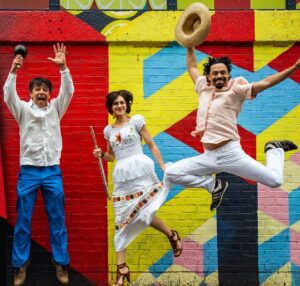
***
Regardless of age, connecting with your children through music can also be a strong bonding experience between caretakers and children. You can enroll your child in music education or music classes if they show an interest in music, click site to learn about ncmac’s classes.
“Sharing music with your child builds in good memories for the baby,” says NYP’s Dr. Meir. “They experience joy, happiness and excitement with the parents, which improves bonding and strengthens social and emotional understanding. It also promotes healthy mental health.”
Alexia Tate points out that “We don’t teach the children, we teach the parents to become a musical family. Your child loves the sound of your voice. Your voice is their favorite in the world.”
Angela Bosco is a marketing director and freelance writer based in Briarcliff Manor.



